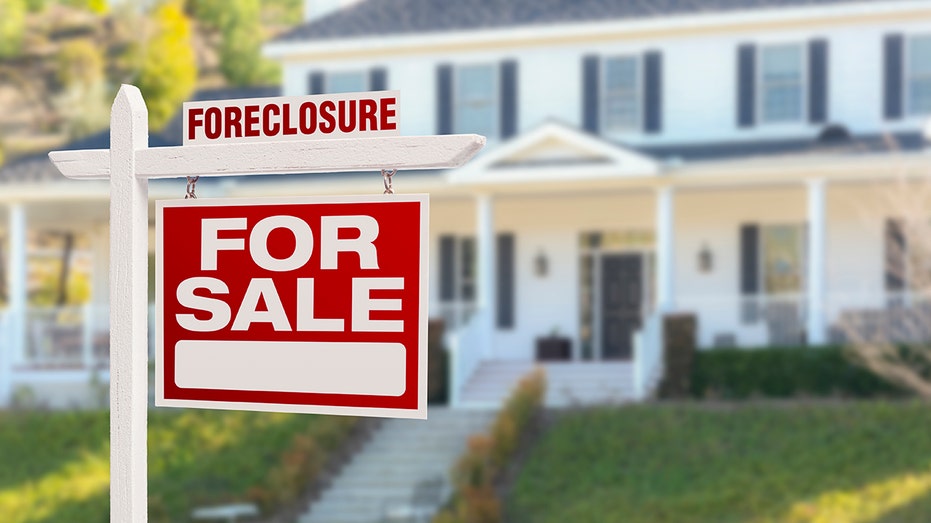US foreclosure activity hits 16-year low in 2020 despite economic recession
Foreclosure activity declined 57% from 2019
Foreclosure activity slumped to a 16-year low in 2020 despite the coronavirus pushing the economy into a recession, according to ATTOM Data Solutions.
ATTOM's Year-End 2020 U.S. Foreclosure Market Report, released Thursday, shows that total foreclosure filings, which includes default notices, scheduled auctions and bank repossessions, were reported on 214,323 properties, about 0.16 percent of all U.S. housing units.
CLICK HERE TO READ MORE ON FOX BUSINESS
The figure, which is the lowest level reported since tracking began in 2005, represented a decline of approximately 57% from 2019. It is also a 93% decline from peak foreclosure filings, nearly 2.9 million, reported in 2010.
One of the most notable months was December, in which only 10,876 U.S. properties had foreclosure filings, an 80% drop from 2019.

(iStock)
‘ZOMBIE FORECLOSURES’ JUMP IN NEARLY EVERY STATE
Experts say this decline was a result of the "government's moratoria which effectively stopped foreclosure activity on everything but vacant and abandoned properties," according to Rick Sharga, executive vice president of RealtyTrac, an ATTOM Data Solutions company.
Under the Coronavirus Aid, Relief, and Economic Security (CARES) Act, tenants who were renting using federally backed mortgages weren't allowed to be evicted or charged for not paying rent for at least five months after the pandemic took hold in the country. This moratorium expired on July 24.
However, agencies, including the Federal Housing Finance Authority (FHFA) and the Federal Housing Administration (FHA), extended their moratoria on evictions, effectively protecting renters through the end of the year in some cases, according to Justia.
GET FOX BUSINESS ON THE GO BY CLICKING HERE
As a result, a backlog of foreclosures has been building up, Sharga said.
This includes "loans that were in foreclosure prior to the moratoria; loans that would have defaulted under normal circumstances; and loans whose borrowers are in financial distress due to the pandemic," he said, adding that we won't know how big this backlog is until after these government programs expire.
He projected, however, that it is "still highly unlikely that we'll see another wave of foreclosures like the one we had during the Great Recession."




















